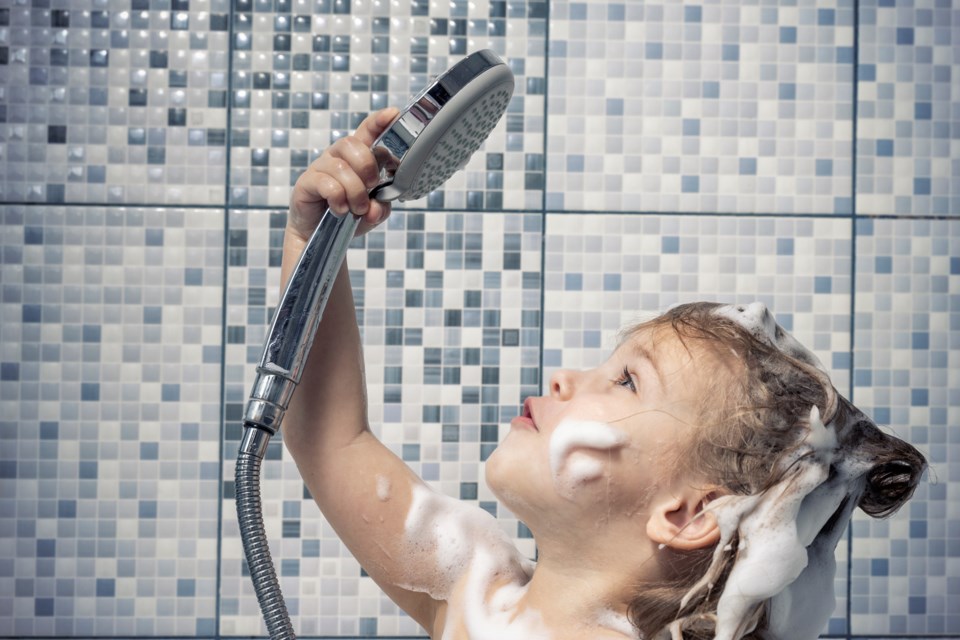When you come inside from doing yardwork in the hot sun or wake up groggy on the morning of an important meeting, you count on good water pressure to feel clean and alert.
Experiencing a pitiful trickle from the shower instead is a crushing disappointment. Don’t settle for low water pressure. If you can identify the cause, you can take steps to fix the problem!
Common causes of low water pressure include:
Mineral Buildup in Pipes
The high mineral content of hard water can deposit minerals inside your pipes. This mineral scaling or buildup decreases the diameter of your pipes, slowing water flow and making clogs more likely.
- Solutions: Clearing mineral buildup requires professional help from a licensed plumber with advanced tools like hydro jetting, which forces an extremely high-pressure jet of water through your pipes, blasting away clogs and buildup.
However, you can resolve mineral buildup on fixtures yourself. Fill a plastic bag with vinegar, then fasten it over your faucet or showerhead, fixing the bag in place with a rubber band. The vinegar should dissolve the hard water minerals that are reducing your water flow. Even if these solutions resolve your low water pressure now, you need to resolve the root cause of mineral buildup with water softener installation.
Corrosion
Like mineral scaling, corrosion contributes to low water pressure because oxidation collects inside the pipe walls, reducing water flow.
- Solution: Galvanized steel pipes are especially vulnerable to corrosion, which will eventually eat through the pipes. If that’s the case, you need pipe replacement from a reliable plumbing company. Exchanging steel for plastic or copper pipes will:
- Boost water pressure
- Reduce the odds of future leaks
- Provide healthier, better-tasting water
Closed Water Meter or Shut-Off Valve
If your water shut-off valve or main water meter valve is closed or only partly open, you won’t have good water pressure because these valves control how much water flows through your pipes.
- Solution: You can open your shut-off valve yourself:
- For a lever-type valve, open it by moving the handle until it’s parallel to the pipe.
- For a wheel-type valve, tighten the wheel in a counterclockwise direction.
Pipe Leaks
A cracked or broken pipe will cause water to siphon off into areas it shouldn’t so that much less water reaches the fixture. This is a major problem as the damage could spread to other pipes in your system, and the leaking water could lead to structural damage.
- Solution: If you suspect a leak, call a plumber for leak detection and repair.
Choose Penguin Air, Plumbing & Electrical To Restore Your Water Pressure From installing water softeners to replacing leaky pipes, Penguin will identify the cause of your low water pressure and apply the right solution.
We provide upfront pricing, same-day service, 24/7 emergency service, and a VIP experience for every customer — read our reviews to see for yourself! Visit us online to learn more!



